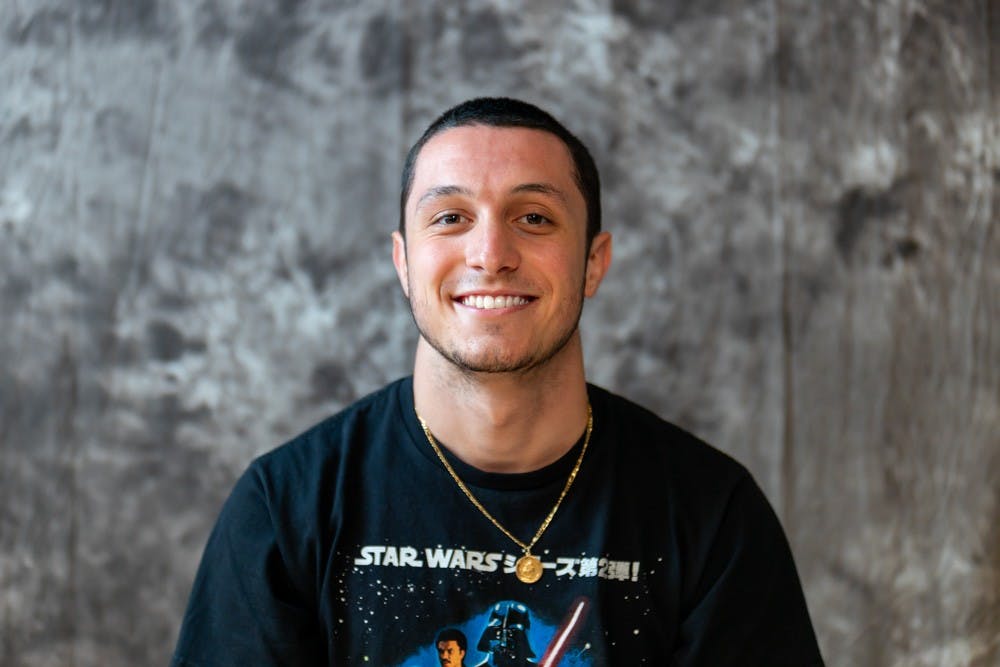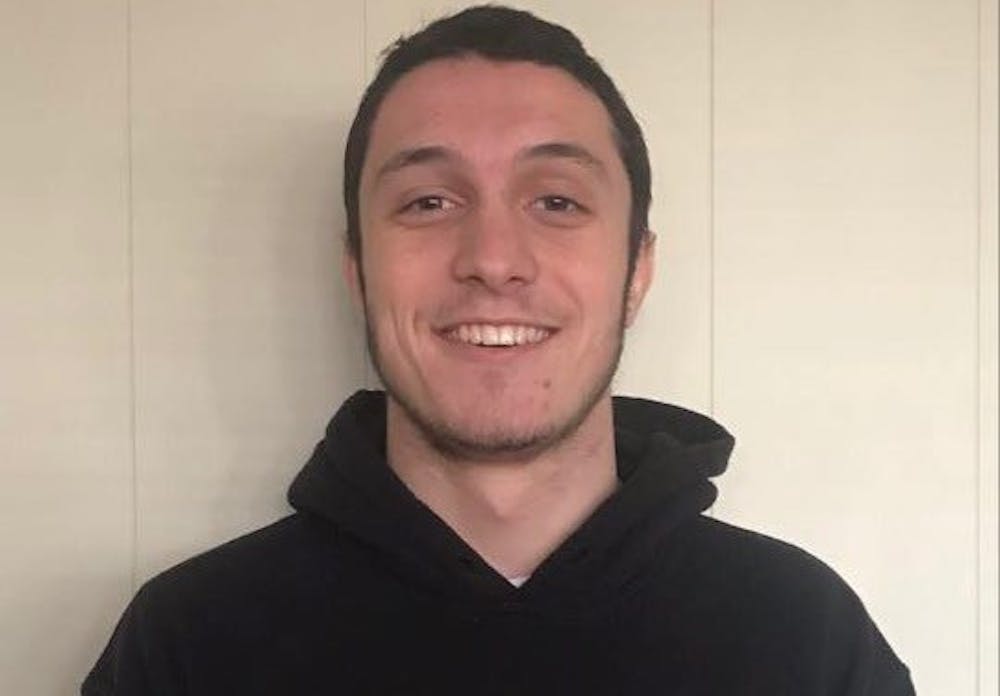On Wednesday afternoon the Milwaukee Bucks and the Orlando Magic were set to play in game 5 in the first round of the NBA Eastern Conference Playoffs.
The Bucks took the court to warm up before the game, so did the Magic. Afterwards the Bucks and Magic both went back into the locker room as usual. The Magic returned to the court for their final warmups, but didn’t see any sign of the Bucks. It seemed odd, but maybe the Bucks were just going over some extra plays in the locker room. With only five minutes before tip off, the Bucks were still nowhere to be seen. NBA officials were outside of the Bucks locker room, trying to get an answer from the team.
Then, with three minutes and 56 seconds left until game time, the Magic walked off the court.
This resulted in an unusually quiet court on the NBA’s Orlando campus, but the actions by the Milwaukee Bucks spoke louder than any words could.
In response to the police shooting of Jacob Blake, a 29-year-old African-American in Kenosha, Wisconsin, the Bucks decided to boycott their playoff game. After Blake attempted to break up a fight between two women, police arrived at the scene and spoke with Blake. Blake then went to open his car door and was immediately shot in the back 7 times. Blake’s children, ages three, five and eight were in the car and witnessed the shooting. Blake’s lawyer is claiming his client will be paralyzed from the legs down for the remainder of his life.
Through this decision, the Bucks and the NBA players show they have the upper hand. They don’t need the approval of the league, the league needs their approval. Without the players there is no NBA. Never have athletes had this much freedom to voice their opinions and call for change. For the first time in history, the power isn’t in the hands of the rich white owners, it’s in the hands of the athletes themselves.
Without notifying the NBA or any arena staff, the Bucks refused to leave the locker room to play their game. Instead of playing, the team decided to call Wisconsin Attorney General Josh Kaul and Lieutenant Governor Mandela Barnes. The Bucks reportedly “wanted something tangible that they could do in the short and long term” when discussing social justice.
“When we take the court and represent Milwaukee and Wisconsin, we are expected to play at a high level, give maximum effort, and hold each other accountable,” Bucks point guard George Hill said in a statement issued by the team. “We hold ourselves to that standard, and in this moment, we are demanding the same from our lawmakers and law enforcement. We are calling for justice for Jacob Blake and demand the officers to be held accountable.”
This set off a chain reaction that has resulted in the postponement of all NBA playoff games and multiple MLB regular season contests scheduled for Wednesday. All NBA games, numerous MLB contests, all NHL playoff games and seven NFL practices scheduled for Thursday have also been postponed.
As the fight for racial equality finally hits sports at a large scale, it’s important to remember this fight started long before any of these athletes were even born.
In 1961, a Lexington, Kentucky restaurant refused to seat Boston Celtics Hall of Famer Bill Russell and his other African-American teammates before an exhibition game. Shortly after, Russell and the Celtics boycotted the game. During a time where black athletes were expected to accept racism, the Celtics chose to fight it.
The year is 2020 and athletes are still boycotting games due to racism. It spotlights the unfortunate reality of our racial climate, but also showcases the fortitude of athletes in 2020.
Instead of being content in their “bubble” with room service and daily massages, NBA players are taking a stand, declaring enough is enough, boycotting due to racial injustice. And frankly, it’s a beautiful thing to see.
These men are risking their season in demand for social justice. They are doing this in the playoffs mind you, which is the most important part of their season. These players have dedicated their entire lives to the sport of basketball, with the ultimate goal of one day becoming an NBA Champion. As their opportunity to win that coveted NBA Championship stares them right in the face, they have decided that some things are bigger than basketball. Instead of playing, they are using their extraordinarily large platform to protest social injustice, and showing us that Black Lives Matter.
The NBA attempted to combat social injustice by having the message “Black Lives Matter” appear on the court and giving players the opportunity to display social justice messages on the back of their jerseys. But as that doesn’t seem to be enough, the players decided to take a courageous leap to ensure the world has heard their message.
Their message is simple: value the lives of all black people.
We shouldn’t be pulling teeth to get white people to say that Black Lives Matter. This isn’t about one isolated incident. This is the result of years of damage. It’s about being fed up with the reality of our racial climate and actually doing something about it.
Slavery was supposedly abolished 155 years ago. Martin Luther King Jr. was shot 52 years ago. The LAPD beat Rodney King for fifteen minutes 29 years ago.
If we don’t change now, when will we?
Bucks guard Sterling Brown actually experienced police brutality first-hand when he was abused by Milwaukee PD for parking across two handicaped spots in 2018. Brown had an officer press a knee on his neck, was punched multiple times, was tased and had an officer stand on his ankle during the incident. The city of Milwaukee then bribed Brown $400,000 to stay quiet about the situation, he refused.
“I’m fighting for something much bigger than me,” Brown said in his piece in the Players Tribune. “Our fight for justice, equality, equity and respect will be heard and will be met. Our fight for our lives and freedom will no longer be up for debate!”
As a white kid who falls in the upper middle class of suburban New York, I don’t know what it’s like to be scared every time I get pulled over. I don’t get nervous when I have interactions with the police. I know I’m not going to be judged by the color of my skin when talking to the cops. The color of my skin gives me advantages others simply don’t have.
Black people worry about different things than I do when they get in their car everyday.
If you disagree with that, you’re lying to yourself. The problem is evident, and the results are life-altering.
There needs to be a solution, if you don’t stand with the players, you’re part of the problem. The players' decision to boycott was made to set an example for the rest of the world, something bigger than all of us.
So my question to those who disagree with the players decision to boycott, what’s your solution?
Wednesday will go down as one of the most important days in the history of sports. After years of racial injustice, the players decided they had enough. Instead of adhering to their white owners demands, they did things their way. The Bucks and the rest of the NBA players should be commended for making a decision that sent shockwaves through the world.
It’s said that actions speak louder than words, and the players' decision to boycott said three words the entire world needs to hear: Black Lives Matter.
Anthony DeCicco is the Senior Sports Editor and can be reached at anthony.decicco@ubspectrum.com and on Twitter @DeCicco42.

Anthony DeCicco is the Editor-in-Chief of The Spectrum. His words have appeared in outlets such as SLAM Magazine andSyracuse.com. In 2020, he was awarded First Prize for Sports Column Writing at the Society of Professional Journalists' Region 1 Mark of Excellence Awards. In his free time, he can be found watching ‘90s Knicks games and reading NFL Mock Drafts at 3 a.m.





